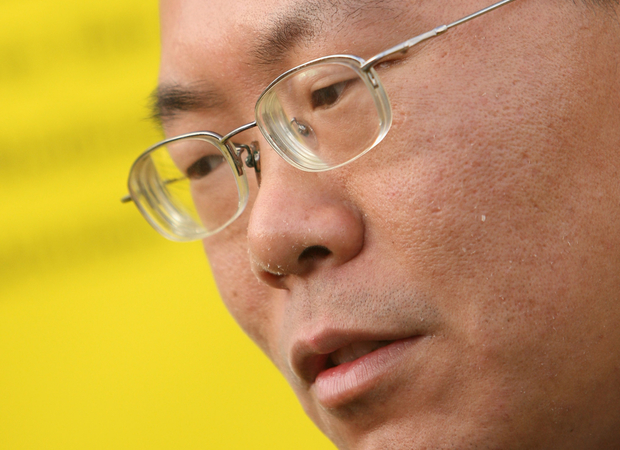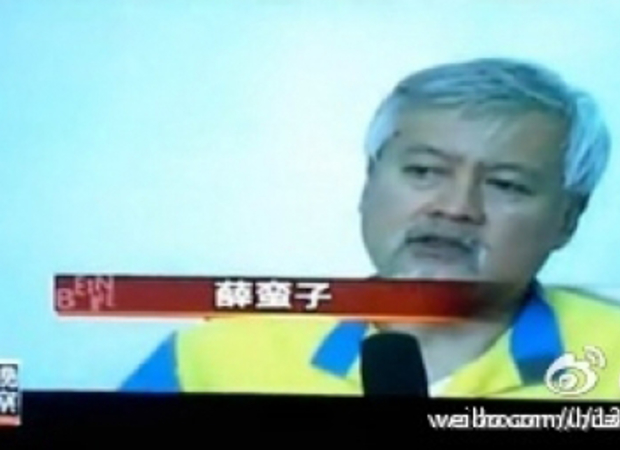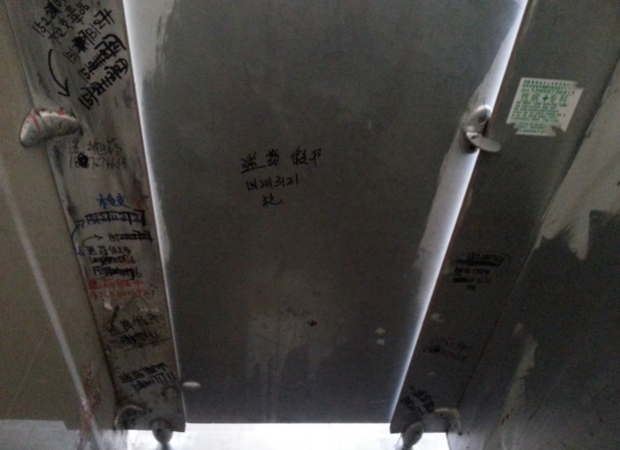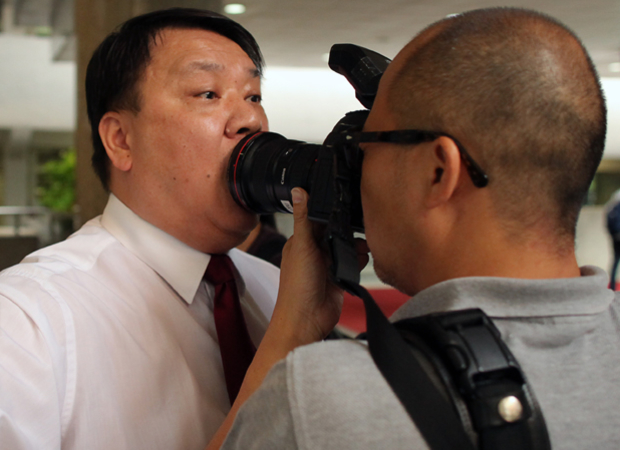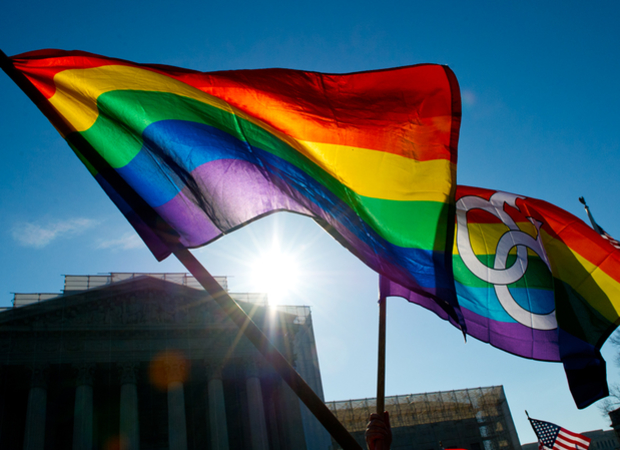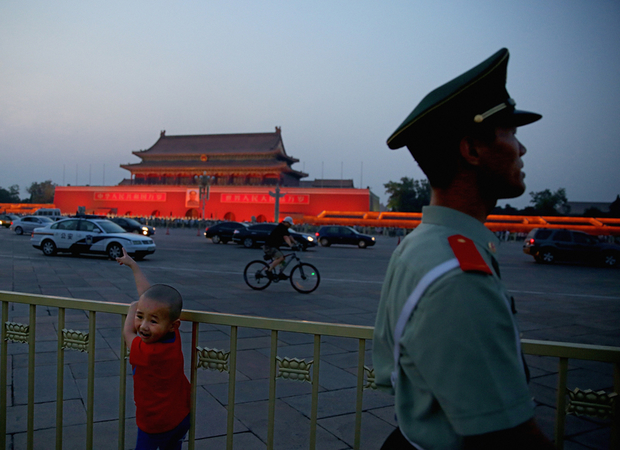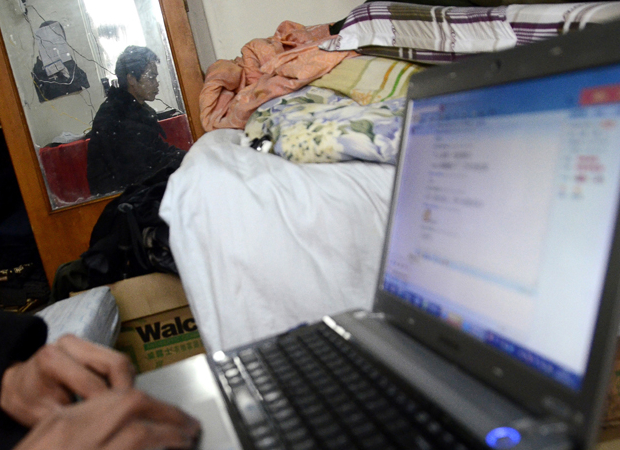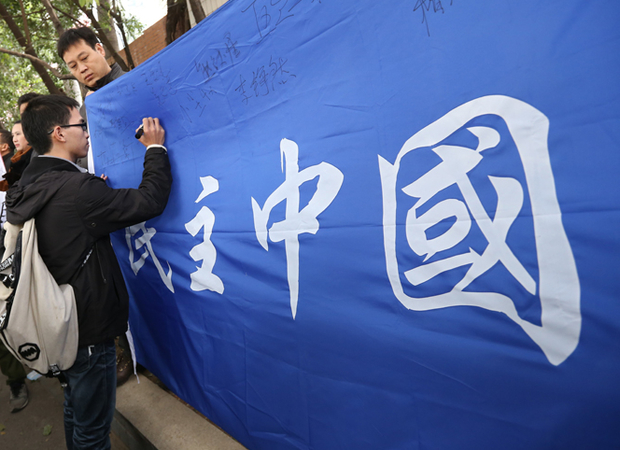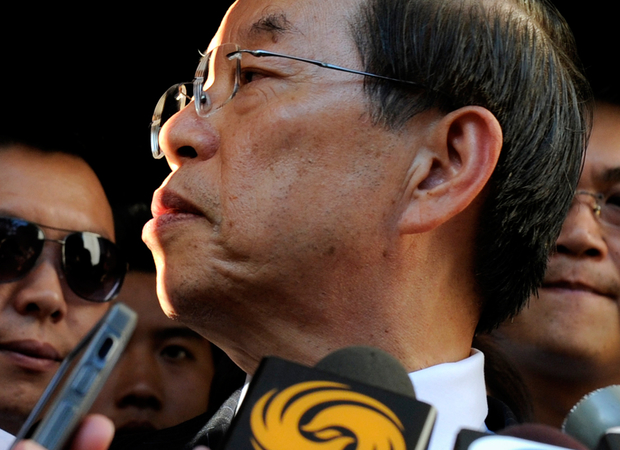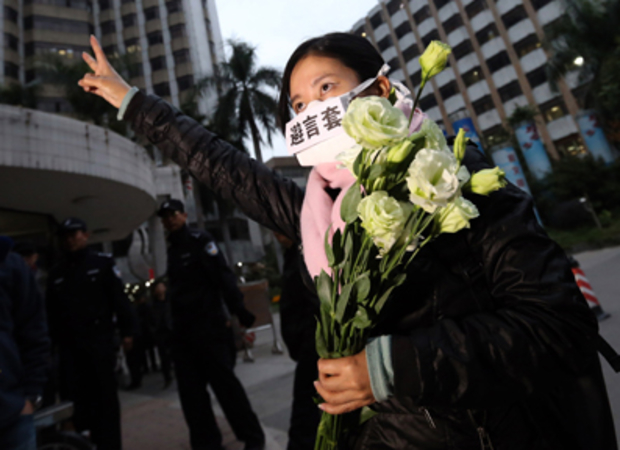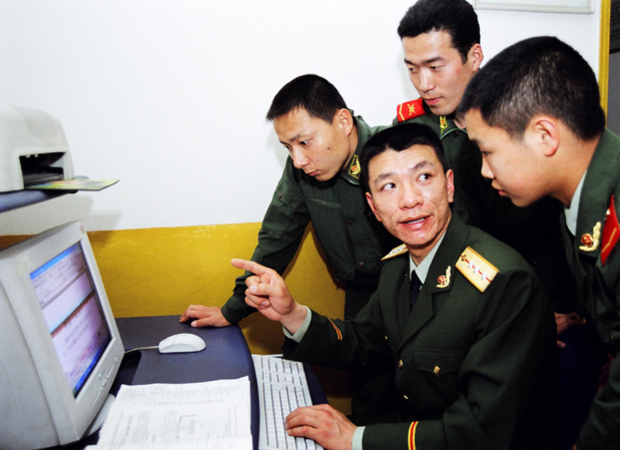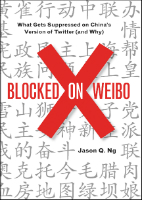
Blocked on Weibo
Though often described with foreboding buzzwords such as “The Great Firewall” and the “censorship regime,” Internet regulation in China is rarely either obvious or straightforward. This was the inspiration for China specialist Jason Q. Ng to write an innovative computer script that would make it possible to deduce just which terms are suppressed on China’s most important social media site, Sina Weibo.




